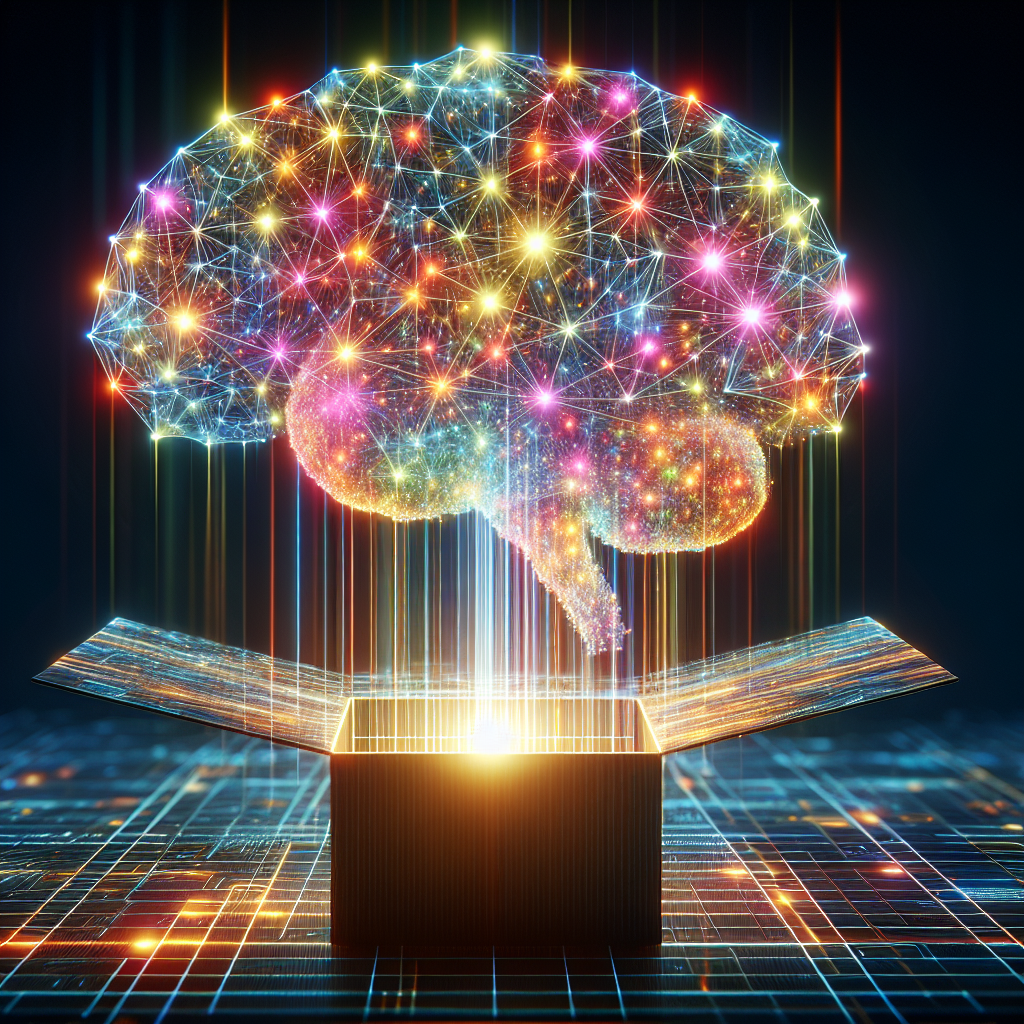Unleashing the Power of AGI: How Artificial General Intelligence Will Transform Industries
Artificial General Intelligence (AGI) is a term that refers to the development of machines that have the ability to perform any intellectual task that a human can do. While artificial narrow intelligence (ANI) has made significant advancements in specific tasks such as image recognition and natural language processing, AGI aims to replicate human cognitive abilities across a wide range of tasks and domains.
The potential impact of AGI on industries is immense, as it has the capability to revolutionize the way we work, live, and interact with technology. In this article, we will explore how AGI is set to transform industries and unleash a new era of innovation and productivity.
1. Healthcare
The healthcare industry stands to benefit greatly from the implementation of AGI. With the ability to analyze vast amounts of data and identify patterns and trends, AGI can assist in diagnosing diseases, developing personalized treatment plans, and even predicting patient outcomes. This can lead to more accurate diagnoses, better patient care, and ultimately, improved health outcomes.
AGI can also revolutionize medical research by accelerating the discovery of new drugs and treatments. By analyzing massive datasets and identifying potential drug candidates, AGI can help researchers develop new therapies faster and more efficiently than ever before.
2. Finance
In the finance industry, AGI has the potential to transform how businesses make decisions and manage their operations. With the ability to process large amounts of financial data in real-time, AGI can help businesses identify trends, predict market movements, and make more informed investment decisions.
AGI can also streamline financial processes such as risk assessment, fraud detection, and compliance monitoring. By automating these tasks, businesses can reduce operational costs, improve efficiency, and minimize human errors.
3. Manufacturing
In the manufacturing industry, AGI can enhance production processes, optimize supply chain management, and improve product quality. By incorporating AGI into manufacturing systems, companies can increase productivity, reduce downtime, and create more flexible and responsive production lines.
AGI can also enable the development of autonomous robots and machines that can perform complex tasks with precision and efficiency. This can lead to safer working environments, higher quality products, and increased overall productivity.
4. Transportation
The transportation industry is another sector that stands to benefit from the implementation of AGI. With the rise of autonomous vehicles and intelligent transportation systems, AGI can help optimize traffic flow, reduce congestion, and improve road safety.
AGI can also enhance logistics operations by optimizing route planning, scheduling deliveries, and managing inventory. By leveraging AGI-powered algorithms, transportation companies can streamline their operations, reduce costs, and improve customer satisfaction.
5. Customer Service
In the customer service industry, AGI can revolutionize how businesses interact with their customers. With the ability to understand natural language, analyze customer behavior, and provide personalized recommendations, AGI can enhance the customer experience and drive customer loyalty.
AGI-powered chatbots can handle customer inquiries, provide real-time support, and even anticipate customer needs. By automating repetitive tasks and providing intelligent responses, businesses can improve efficiency, reduce response times, and deliver better customer service.
FAQs
Q: What is the difference between AGI and ANI?
A: AGI refers to machines that have the ability to perform any intellectual task that a human can do, while ANI refers to machines that are designed to perform specific tasks or functions.
Q: How far along are we in developing AGI?
A: While significant progress has been made in AI research, true AGI is still in the early stages of development. Researchers continue to work towards creating machines that can exhibit human-level intelligence across a wide range of tasks and domains.
Q: What are the ethical implications of AGI?
A: The development of AGI raises important ethical questions regarding privacy, security, and the impact of AI on society. It is crucial for researchers, policymakers, and industry leaders to address these concerns and ensure that AGI is developed and deployed responsibly.
In conclusion, AGI has the potential to transform industries and unleash a new era of innovation and productivity. By harnessing the power of artificial general intelligence, businesses can improve decision-making, optimize processes, and create new opportunities for growth and development. As we continue to advance in AI research and technology, the possibilities for AGI are limitless, and the impact on industries is sure to be profound.

